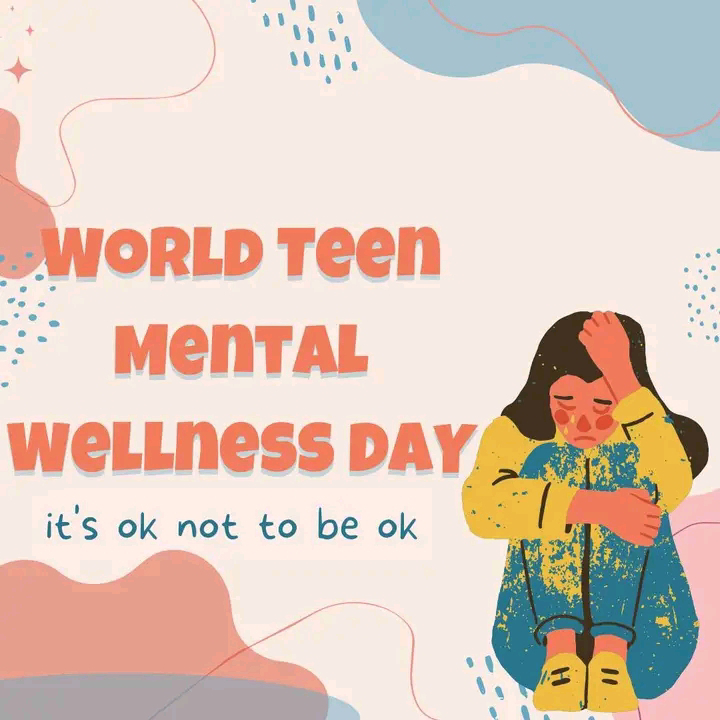IMPACT OF SOCIAL MEDIA ON MENTAL HEALTH
Social media has become a significant part of our lives in the past decade, with billions of people using various platforms daily.
However, as its use has grown, so has the discussion of its impact on mental health.
Many studies have been conducted and have shown that social media has both positive and negative effects on mental health.
In my opinion, social media can have a significant adverse impact on mental health.
One of the most apparent ways that social media can affect mental health is through its impact on self-esteem.
Social media can create an unrealistic sense of reality, making it challenging to compare ourselves to others and leading to feelings of inadequacy, anxiety, and depression.
Wherever you look on social media, there is always someone with a seemingly better life than you, making it even harder to escape the comparison game.
Furthermore, social media can be addictive - constantly checking notifications, refreshing feeds to see what others have posted can present problems for those with underlying addictive tendencies or susceptible to addiction.
Such addiction can lead to feelings of anxiety, depression, and can even affect sleep schedules.
Moreover, social media platforms enable cyberbullying, which can have long-term psychological consequences on individuals. Online bullying can destroy a person's self-esteem and adversely affect their mental health.
Social media can also present a facade of perfection, with people selectively sharing the best parts of their lives online, making it challenging to distinguish between what is real and what is staged or enhanced.
This can lead to a feeling of disconnection from reality and loneliness.
To mitigate the negative impact of social media, individuals need to be mindful of its use and take necessary steps.
It is essential to avoid comparing oneself with others and focus on personal growth, seek professional help if required, and limit the time spent on social media platforms.
Social media platforms can also enforce guidelines strictly against online negativity, cyberbullying, and the sharing of misleading and false information - making the platform a safe place for all users.
In conclusion, while social media may have some benefits, it can also have a significant impact on mental health.
To get the most out of social media, we must learn to control our use and avoid overexposure. Mental health care professionals, family, and friends can also help individuals recognize the harm of social media use and provide support.





Great work Quavo. This article is a learning experience.
ReplyDeleteGreat job
ReplyDelete